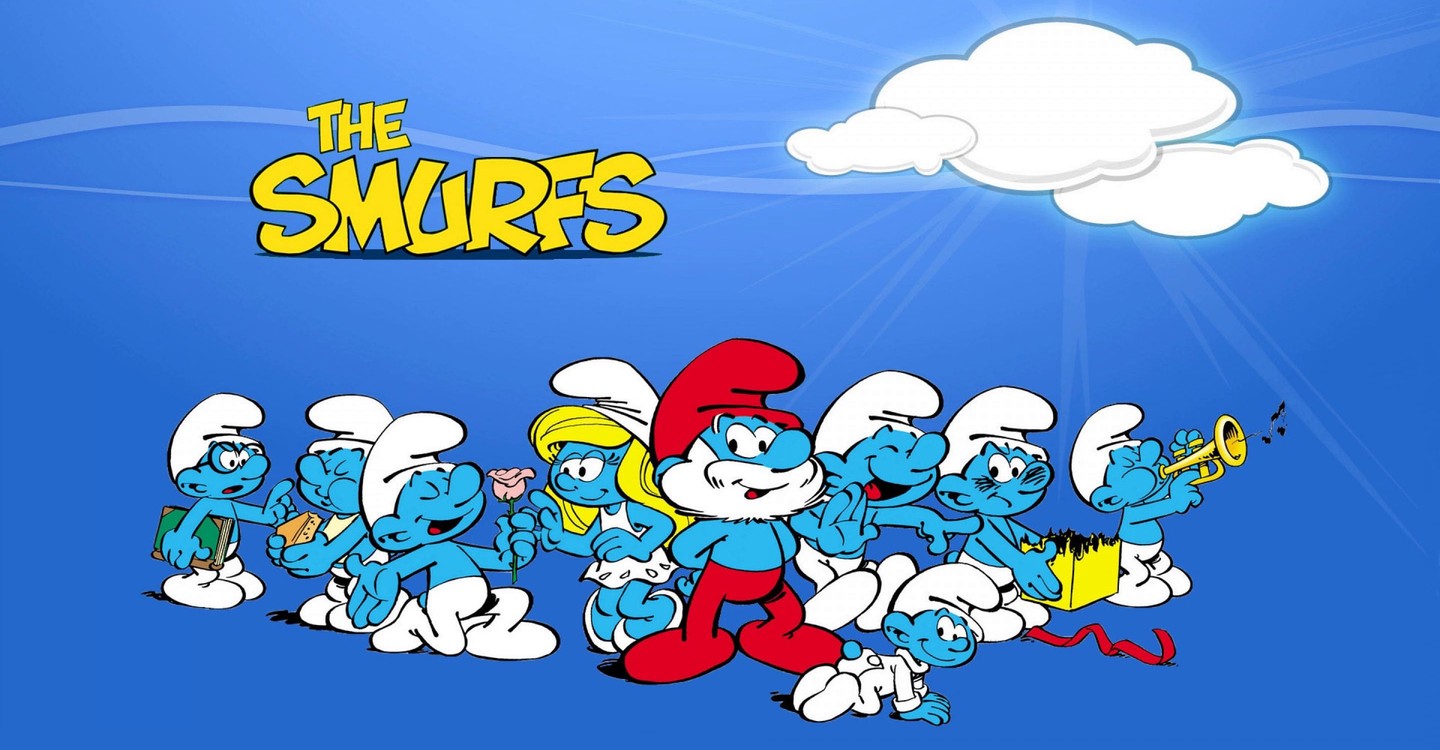
Baseball and Blue People
The world was small when I was five. It consisted entirely of my family's house, our road (and its immediate surroundings), our church, and my school. I knew many other places existed, but they may as well have been on the moon for all of my ability to get there.
I also knew the rule: if I wanted to leave the house, even to go into our own yard, I needed to ask for permission. In reality, I was rarely denied unless there was good reason (e.g. too much exposure to the sun). The primary purpose was so my location was known. I never really chafed against this rule for two reasons: I was desperate for everyone to be happy with me, and I wasn't particularly adventurous.
It had to have come as a shock to my mother, then, when she checked my room one day and discovered that I wasn't there. I wasn't anywhere in the house or our yard. She checked with the sweet, old couple across the street and called my friend PJ's house. There was nowhere else I would go. She took off down the street, hoping that me being naughty was all that she needed to be concerned about.
There was a large, empty field near our house. It took up about half of the block next to ours. The other, farther half of the block was a softball field. I hated sports, so I don't know why five-year-old me decided to go there, nor do I remember my journey to or retrieval from the place.
My memory of this episode begins when my mother and I stepped from the street onto the sidewalk leading back to our house. We were walking beside each other, holding hands. No tears ran down her cheeks; no tremors rippled through her. If she still felt the after-shocks from the terror of her son being missing, she didn't show it. She spoke in a calm, even voice. "I'm going to let you choose. Do you want to be punished, or do you want mercy?"
I had never heard the word "mercy" before, so my mind did what it always did and continues to do: it found the closest word I did know.

Yes, I realize that "Smurf" and "mercy" don't sound alike, at all. Five-year-olds tend to have limited vocabularies.
I knew my mother couldn't possibly be asking me if I would prefer to be punished or given a tiny, shirtless, blue person, so I asked, "What's 'mercy'?"
"It's when you deserve to be punished, but you aren't."
Well, that didn't require any though, at all! "I want mercy."
"Okay." My mother stopped on the sidewalk in front of our house, turned me to face her, and stooped down to my eye level. "But I want you to understand: if you ever do anything like this again, you will be punished. You will not get mercy."
In hindsight, the option to escape punishment probably had more to do with her exhaustion from the situation than teaching me an aspect of the nature of God, but it so happened to align with both:
- I never went on another clandestine adventure.
- When a Sunday School teacher asked if anyone knew what "mercy" meant, I was able to answer. Not only that, I had a deeper and more experiential understanding of what it meant for God to show us mercy for our sins.
I've used this story in various lessons over the years. Many kids have had their understanding of mercy helped the same way I did. All because a mother was tired and just wanted to relax in the knowledge that her son was safe instead of punishing him.
God uses the little things, and our actions, big and small, echo across time in unexpected ways. (Especially when you raise a hyperactive, animated storyteller.)
Photo by Francisco Gonzalez on Unsplash
